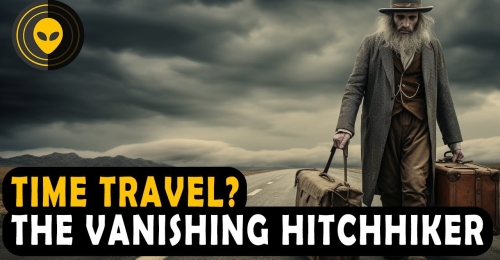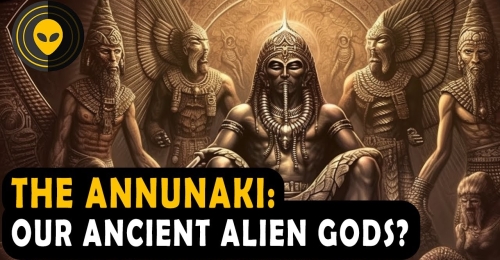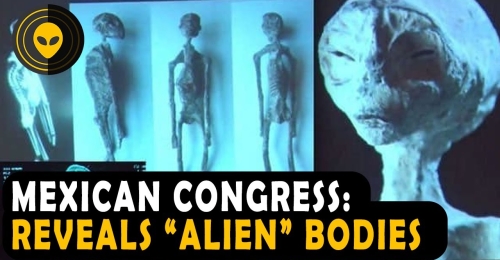Alien Abductions: A Dive into the Unknown

Alien abduction theories sit at the crossroads of science fiction, folklore, and the human psyche. As these tales weave themselves into the vast tapestry of human experience, the boundary between myth and reality becomes harder to discern. Their prevalence forces us to confront the boundaries of our knowledge and understanding.
An archetypal alien abduction story generally entails an individual being whisked away, often at night, from the confines of their home or vehicle. These events are typically orchestrated by beings from another realm. Popularly depicted as the iconic "gray alien," they bear large, captivating black eyes, with heads too big for their slender frames. Within the mysterious confines of the extraterrestrial craft, abductees recount undergoing invasive medical procedures, communicating through telepathy, and feeling an amalgamation of emotions ranging from paralyzing fear to unsettling calm.
Despite their frequency and the earnestness with which they're reported, these tales are often met with skepticism. Mainstream science is quick to highlight the lack of physical evidence and suggests that psychological phenomena like sleep paralysis or the influence of cultural narratives on the mind could explain these stories. Quantum mechanics, which once treaded the realm of fantasy, challenges our understanding of reality. Can the dismissal of alien abduction theories be a similarly premature judgment?
Within academic circles, one theory has gained traction: the psychosocial hypothesis. It posits that these abduction accounts are not grounded in physical reality but are symbolic representations influenced by societal anxieties and individual stress. Dr. Susan Clancy, a Harvard-trained psychologist, has delved deep into this subject. Clancy postulates that while these tales are not fabrications, they might stem from genuine psychological experiences. Factors such as sleep paralysis, where an individual momentarily wakes up immobilized, or a culture saturated with images of extraterrestrials can shape these experiences.
The portrayal of gray aliens, with their cold demeanor and invasive procedures, encapsulates contemporary fears of dehumanization and loss of autonomy. As technology and society undergo rapid transformations, such fears gain ground, and the alien abduction narrative serves as a reflection of these anxieties.
While the psychosocial hypothesis presents a compelling framework, it is essential to tread with empathy. Dismissing these stories outright may inadvertently belittle the lived experiences of the abductees. Instead, understanding them through the lens of this hypothesis allows for a nuanced exploration of the intricate dance between cultural influences, psychological processes, and individual narratives.
What if these abduction accounts are genuine? What if, instead of being figments of the mind, they're moments when our reality brushes against the vastness of the universe? Are we mere curiosities for advanced civilizations? Or is there a larger cosmic narrative at play, eluding our understanding? The answers remain enveloped in mystery.
Regardless of their origin, the profound impact of these stories is undeniable. They urge us to question, probe, and wonder about the myriad mysteries of the universe.
And as we continue on this journey of exploration and understanding, stay tuned to Trouble Minds TV. Your engagement, comments, and support propel us further into the heart of the enigma. Don't forget to like, share, and subscribe for more deep dives into the unknown.











